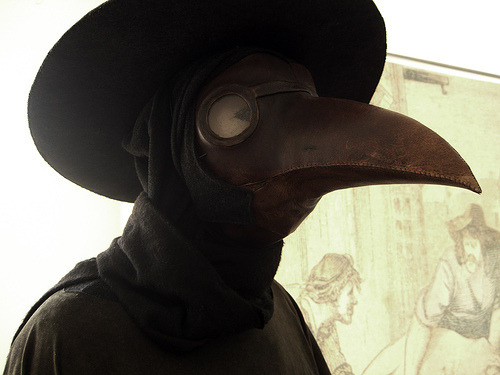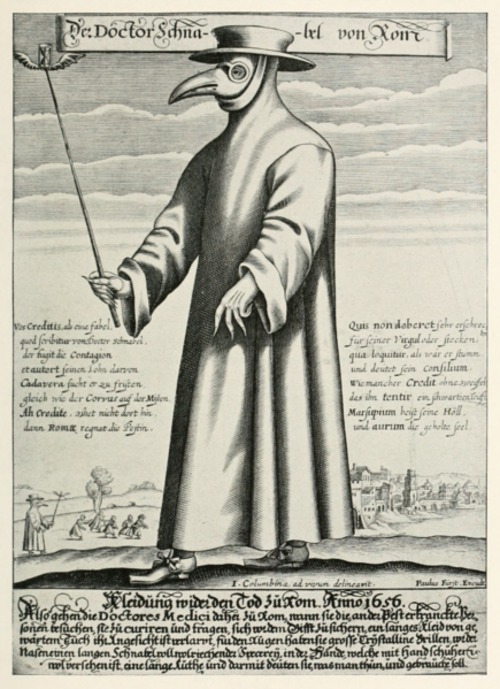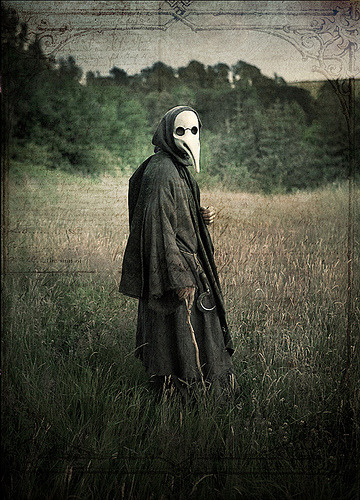People Who Frequent Baby Name Websites:
People who frequent baby name websites:
Expecting parents
Writers
More Posts from Ainesseyspiegel and Others
How to make a scary villain
Nobody hides under their blankets when they see Snidely Whiplash or Jesse and James. Here are a few tips on how to make an effective villain that makes your readers sleep with a nightlight.
Give them an unusual, unsympathetic reason to hurt or kill.
If Lord Skulsanstuf kills for revenge, because of bigotry, or to prove how cool he is, he’s not as powerful. Readers hear about people in real life killing for those reasons all the time.
Instead, make him kill because he wants beautiful people never to have the experience of growing old and ugly. Make him kill because he thinks the only way to stay pure is to drink a glass of blood every morning. Then do a chapter from his perspective and show how delighted he is with his way of thinking. Instant chills.
Allow them to kill fully developed characters.
Nobody cares that Lady Lotsoblood burned an entire village to the ground and tortured all the children to death if nobody in that village is important enough in your story to have a name. Look at all your characters and figure out which ones are the most expendable. Then let Lotsoblood work her magic.
Go in detail about the strange deeds they commit.
I would never want to be stabbed, but I especially don’t want a knife to run down the side of my cheek, lifting parts of my skin so my assailant can brutally rip them off later. That sounds a lot worse because I can imagine it better in my head.
Don’t bog them down with too many evil traits.
A vivisector who kicks puppies and burns down buildings in his spare time is silly, not scary. Good, nice traits can drive in the fact that your villain is human and therefore anybody could turn into them, which is a scary thought.
Don’t make them annoying.
Professor Umbridge hits almost every point on this list, but she’s too annoying to be truly scary.
Give them control of every situation.
Until the very final battle, the villain should know more about what’s happening than the heroes. The heroes should have a hard time keeping a secret no matter what measures they put in place.
Careful What You Say, You May Just Mean It
I wonder if there isn’t a reason why writers are so careful with their words outside of their stories. Is it because we know how easy it is to destroy with a few simple letters? I know some of us have constructed orders and decrees that make a lovable person die. I know some of us have constructed passages telling of a once beautiful land’s demise. We’re written hurtful truths to make little ones cry, harsh lies that drive the doubtful mad, and we’ve spun words to sentences that decide fates of entire worlds within seconds. We require precision, we strive to learn the exact art of it, so when it comes down to an important moment, we’ve all learned how to write the things that can sting the most because it is what we live off of.
So I wonder, if all this may just be true, if that’s why we know to pick and choose our verbal battles. We know, maybe better than anyone, what damage just one word can do. And yes, sometimes we can’t avoid it, sometimes pain needs to be spoken, but maybe, just maybe, those of us who have written those same pains know how to soften the blow just a bit. And maybe, again, just maybe, it has become an unconscious but very important nature in some of us.

Two men start to argue on a street corner and a crowd gathers to watch. Write about the incident from the perspective of:
One of the two men involved in the argument
An observer who happens upon the scene after the argument has started
An observer who knows one of the men
The Writer’s Book of Matches
-
 ainesseyspiegel reblogged this · 2 months ago
ainesseyspiegel reblogged this · 2 months ago -
 queenkit reblogged this · 1 year ago
queenkit reblogged this · 1 year ago -
 myselfserenade reblogged this · 2 years ago
myselfserenade reblogged this · 2 years ago -
 fearless-stormclaw reblogged this · 2 years ago
fearless-stormclaw reblogged this · 2 years ago -
 ariel-seagull-wings liked this · 3 years ago
ariel-seagull-wings liked this · 3 years ago -
 lets-1x1-rp reblogged this · 3 years ago
lets-1x1-rp reblogged this · 3 years ago -
 nicolemaiines reblogged this · 4 years ago
nicolemaiines reblogged this · 4 years ago -
 viritan reblogged this · 4 years ago
viritan reblogged this · 4 years ago -
 unwrittenotebook liked this · 4 years ago
unwrittenotebook liked this · 4 years ago -
 cuteteacakes reblogged this · 4 years ago
cuteteacakes reblogged this · 4 years ago -
 cuteteacakes liked this · 4 years ago
cuteteacakes liked this · 4 years ago -
 nezumivc103221 liked this · 4 years ago
nezumivc103221 liked this · 4 years ago -
 oncstepagain liked this · 4 years ago
oncstepagain liked this · 4 years ago -
 asocier reblogged this · 4 years ago
asocier reblogged this · 4 years ago -
 lovelygraceflower reblogged this · 4 years ago
lovelygraceflower reblogged this · 4 years ago -
 honeyfae-marmalade reblogged this · 4 years ago
honeyfae-marmalade reblogged this · 4 years ago -
 glamdoll24 liked this · 4 years ago
glamdoll24 liked this · 4 years ago -
 darknessbled liked this · 4 years ago
darknessbled liked this · 4 years ago -
 starbloomedarc reblogged this · 4 years ago
starbloomedarc reblogged this · 4 years ago -
 balapcrdida reblogged this · 4 years ago
balapcrdida reblogged this · 4 years ago -
 diner-rol-and-more liked this · 4 years ago
diner-rol-and-more liked this · 4 years ago -
 soiggne liked this · 4 years ago
soiggne liked this · 4 years ago -
 kitty-mochi liked this · 4 years ago
kitty-mochi liked this · 4 years ago -
 queenofgothamrpg reblogged this · 4 years ago
queenofgothamrpg reblogged this · 4 years ago -
 venti3dieci liked this · 4 years ago
venti3dieci liked this · 4 years ago -
 forevervicious liked this · 4 years ago
forevervicious liked this · 4 years ago -
 magsterie-arch liked this · 4 years ago
magsterie-arch liked this · 4 years ago -
 sinii-sterr liked this · 4 years ago
sinii-sterr liked this · 4 years ago -
 worldbvrnarchive liked this · 4 years ago
worldbvrnarchive liked this · 4 years ago -
 yeonjnz liked this · 4 years ago
yeonjnz liked this · 4 years ago -
 apeaches reblogged this · 4 years ago
apeaches reblogged this · 4 years ago -
 seasfree liked this · 4 years ago
seasfree liked this · 4 years ago -
 wuunderstruck liked this · 4 years ago
wuunderstruck liked this · 4 years ago -
 vadersdala reblogged this · 4 years ago
vadersdala reblogged this · 4 years ago -
 fxrgiveless reblogged this · 4 years ago
fxrgiveless reblogged this · 4 years ago -
 kiingdomforakiss reblogged this · 4 years ago
kiingdomforakiss reblogged this · 4 years ago -
 oldestwounds reblogged this · 4 years ago
oldestwounds reblogged this · 4 years ago -
 somniaxperdita liked this · 4 years ago
somniaxperdita liked this · 4 years ago -
 ronstoppablc liked this · 4 years ago
ronstoppablc liked this · 4 years ago -
 saviare liked this · 4 years ago
saviare liked this · 4 years ago -
 viritan liked this · 4 years ago
viritan liked this · 4 years ago














